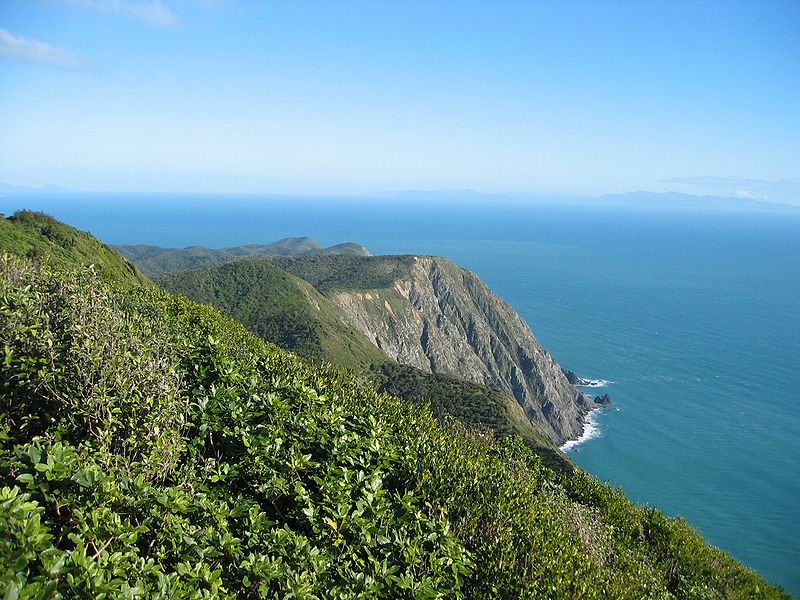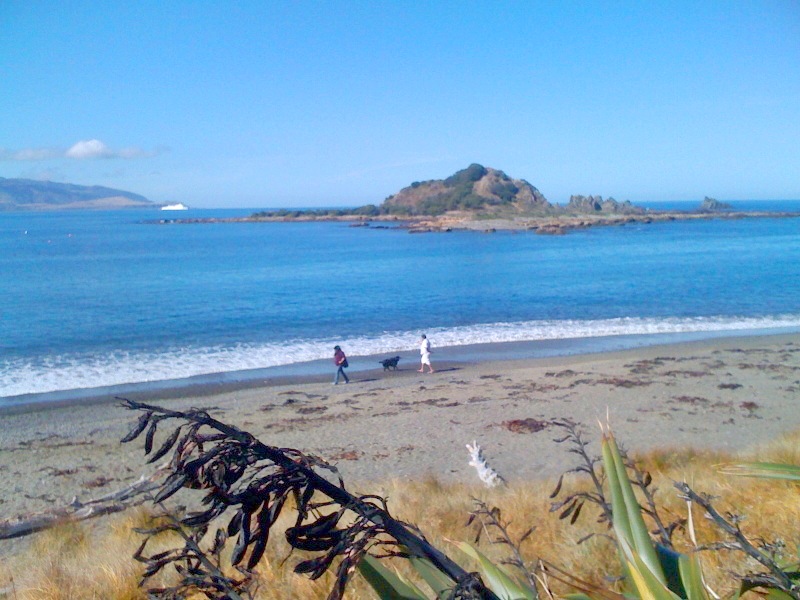A group of Maori people in the Cook Strait are reclaiming their historical islands after reaching an extensive settlement with the New Zealand government.
In a landmark deal, New Zealand’s Ngati Toa people have been granted a settlement from the government worth NZD $75.2m, including land rights to two of the group’s ancestral islands. A hard-fought battle, the settlement was a 24-year long process, with only one of the original claimants, 72-year old Tiratu Williams, still alive to see the fruits of her long campaign. In addition to the two islands, Kapiti and Taputeranga, the Maori group was awarded statutory or actual rights over various maritime and mainland territories, along with financial compensation.
The dispute was centered on colonial New Zealands’ treatment of the celebrated Maori leader Te Rauparaha, the 19th century chief, or rangitara, of the Ngati Toa. Famed for his wars of conquest as well as his composition of the ‘haka’, the intimidating dance now performed by New Zealand footballers before each match, the Ngati Toa contended that Te Rauparaha was falsely imprisoned by the Crown, and that their people were the victim of vast land seizures and left out of tribal reparations granted to other local groups.
In the case of Kapiti and Taputeranga islands, the Ngati Toa’s roots run deep: the pristine and beautiful Kapiti was used as a refuge and base by Te Rauparaha and his warriors during the 18th and 19th centuries. Taputeranga, a small but iconic ‘motu’ found near Wellington in Island Bay, played a central part of the horrible intertribal wars that plagued the Maori during the 1820’s. Both islands are heavily endowed with historical and spiritual significance, and the Ngati Toa are now celebrating their return.
“You know it’s really important for Ngati Toa that we be recognised as the last customary owners of the island and that we will get a significant part of the island returned to us and we will also have kaitiakitanga of the burial caves and we will also have a role of setting up a management strategy for the whole island so it is a really significant part of our redress,” said Matiu Rei, the current chief executive of the Ngati Toa.
The future of the islands will now be determined, at least in part, by the Ngati Toa, and the group has much to offer the New Zealand government’s own efforts. Since 1897, Kapiti has been preserved as a sanctuary for birds, and the Department of Conservation has actively tried to ‘rewild’ the island by restoring native flora and removing interlopers like sheep, rats and possums. With their deep respect and affinity for the natural world, the Ngati Toa will no doubt play an important role in the islands’ continued conservation.
Read more about this story: Stuff.co.nz




